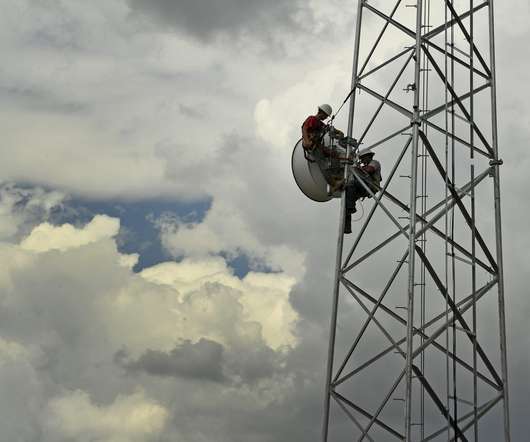OPINION: How targeted federal action could finally chip away at the broadband racism faced by Black students
The Hechinger Report
NOVEMBER 24, 2021
Even after service providers launched discounts for broadband services during the pandemic — often targeting online learning — Black Americans across the South saw little change in their access to broadband services. New research from the Joint Center for Political and Economic Studies puts these challenges in perspective.




















Let's personalize your content